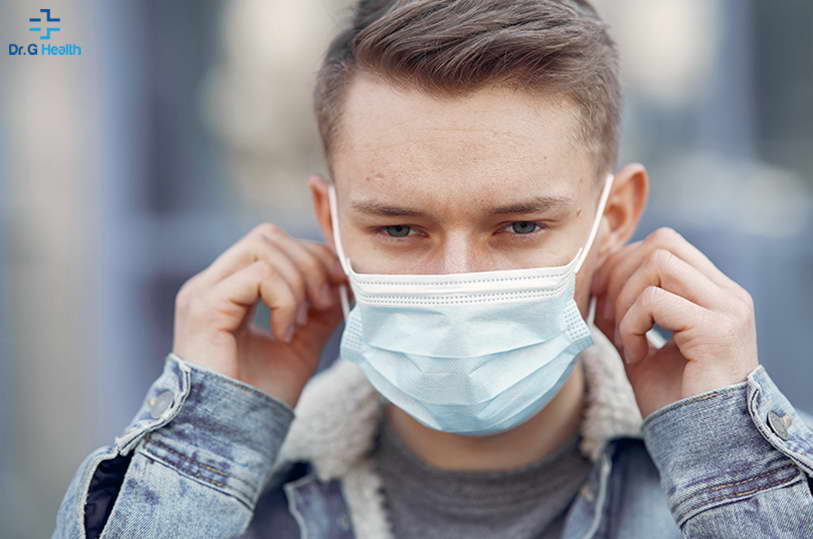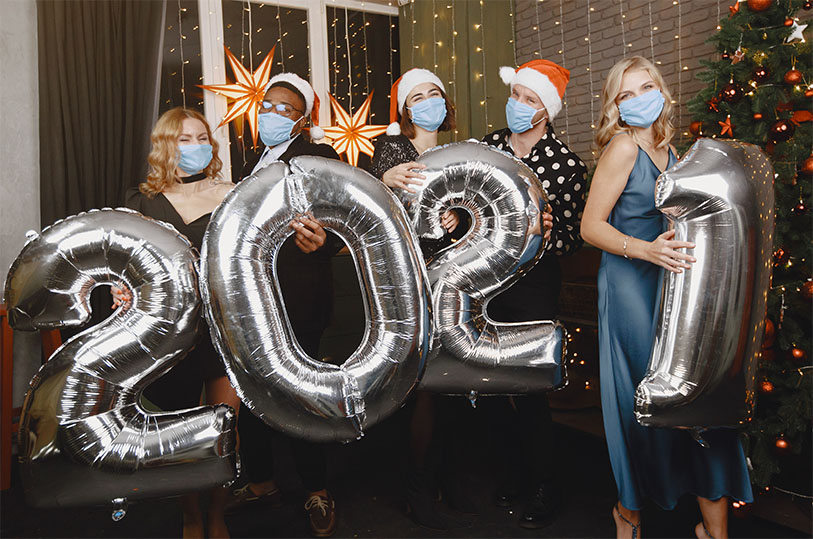As the novel coronavirus continues to spread across the globe, the demand for face masks has increased significantly. But do they really prevent the spread of a virus?
There are two common kinds of masks: surgical masks and N95 respirators. None of them completely eliminates the risk of illness and provides 100% protection.
A regular surgical face mask will not stop the coronavirus. First, surgical masks let a significant fraction of airborne viruses penetrate through their filters, which can cause infection. Second, they do not fit tightly on the face. Such masks can help to avoid touching your nose and mouth with unwashed hands.
You should wear a surgical mask if you are sick. Change it at least once every two hours. This will help not to infect others nearby when you cough or sneeze. You should also call your doctor before visiting a medical office or hospital.
N95 respirators are designed to fit tightly around the mouth and nose, and filter out at least 95% of airborne particles. However, The Centers for Disease Control and Prevention (CDC) does not recommend that the general public wear N95 respirators. They are recommended for healthcare providers, people who are already infected and those who care for someone who is sick.
For a healthy person, the face mask may reduce the risk of infection, but it cannot be considered as a complete protection.
The best way to be protected is practicing good hygiene and social distancing.







